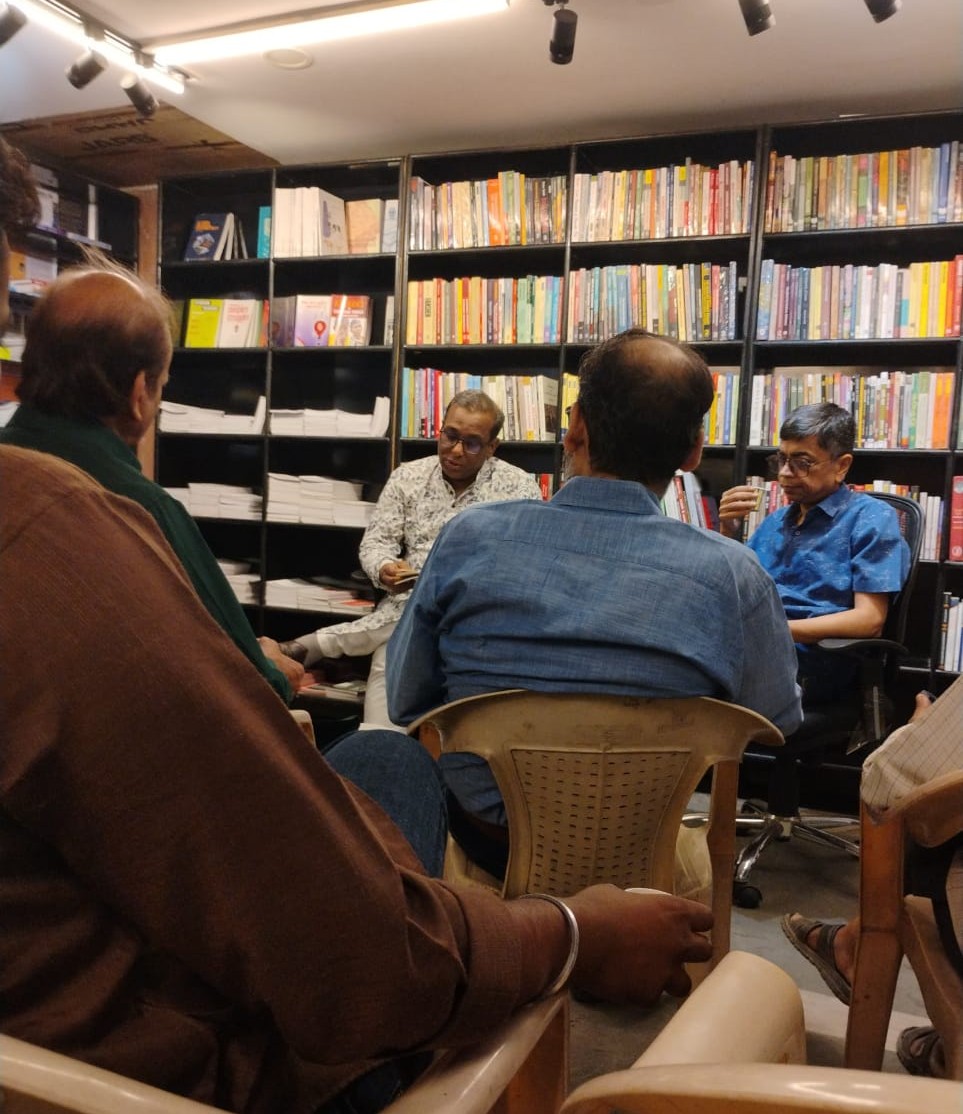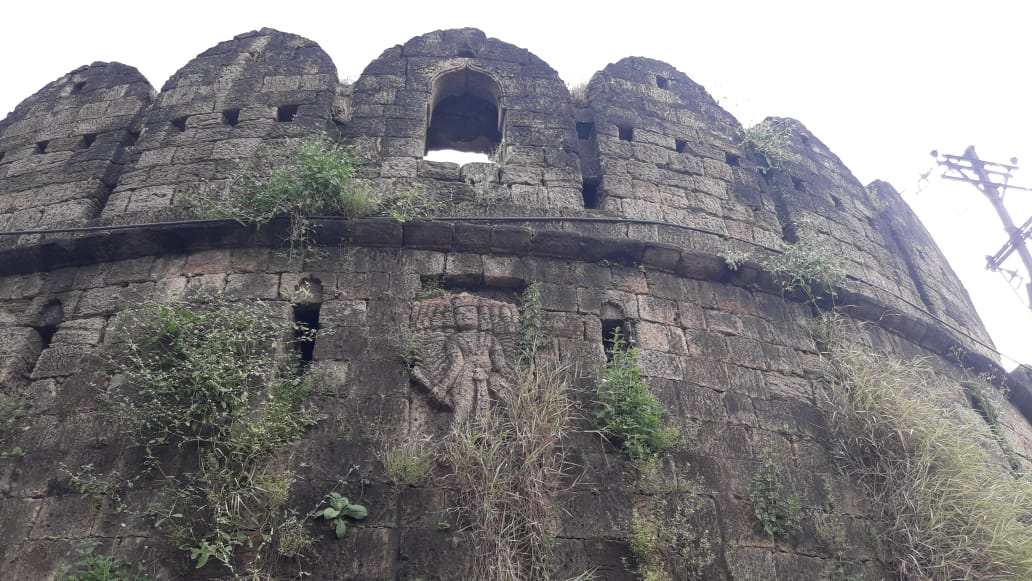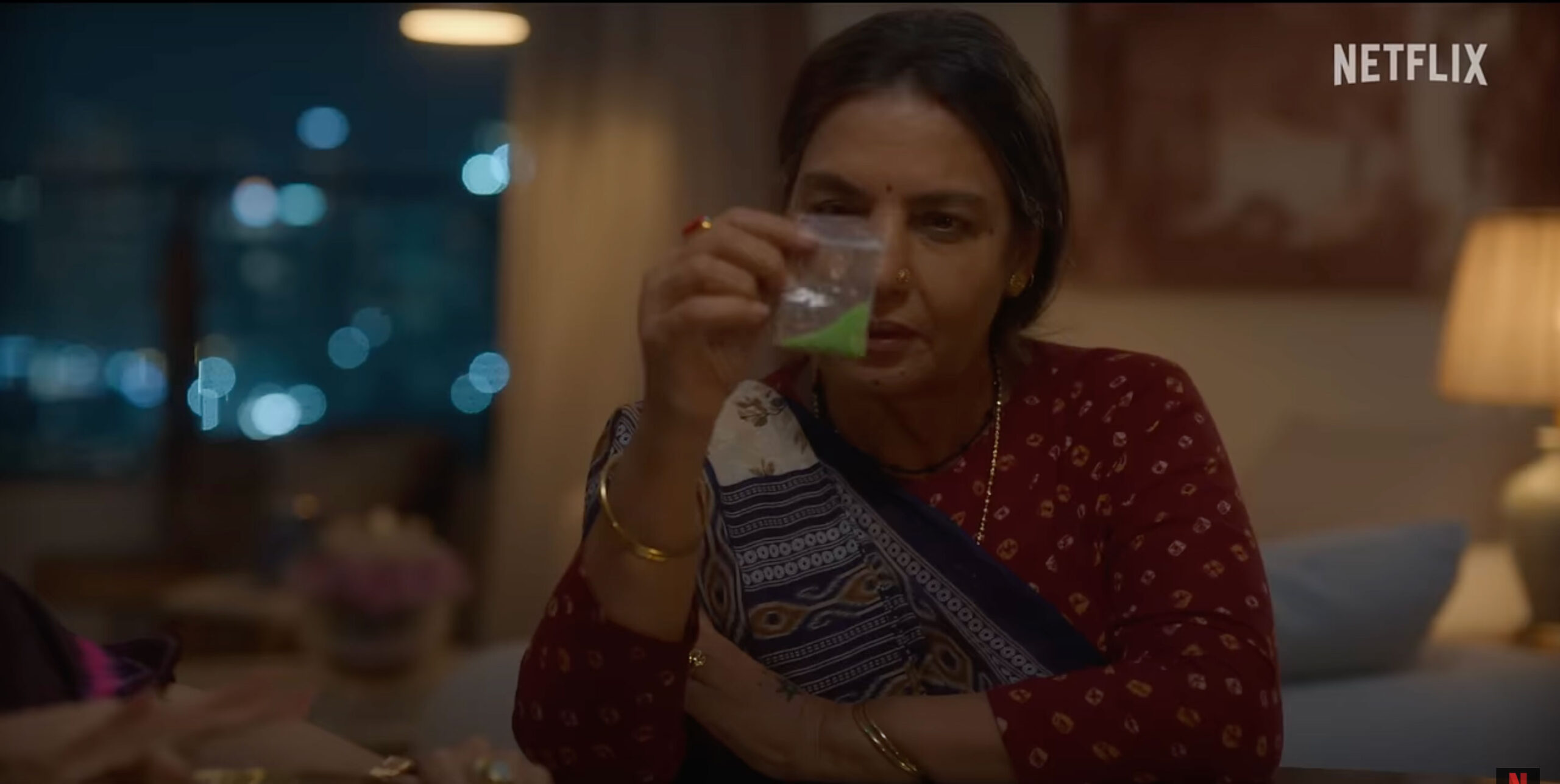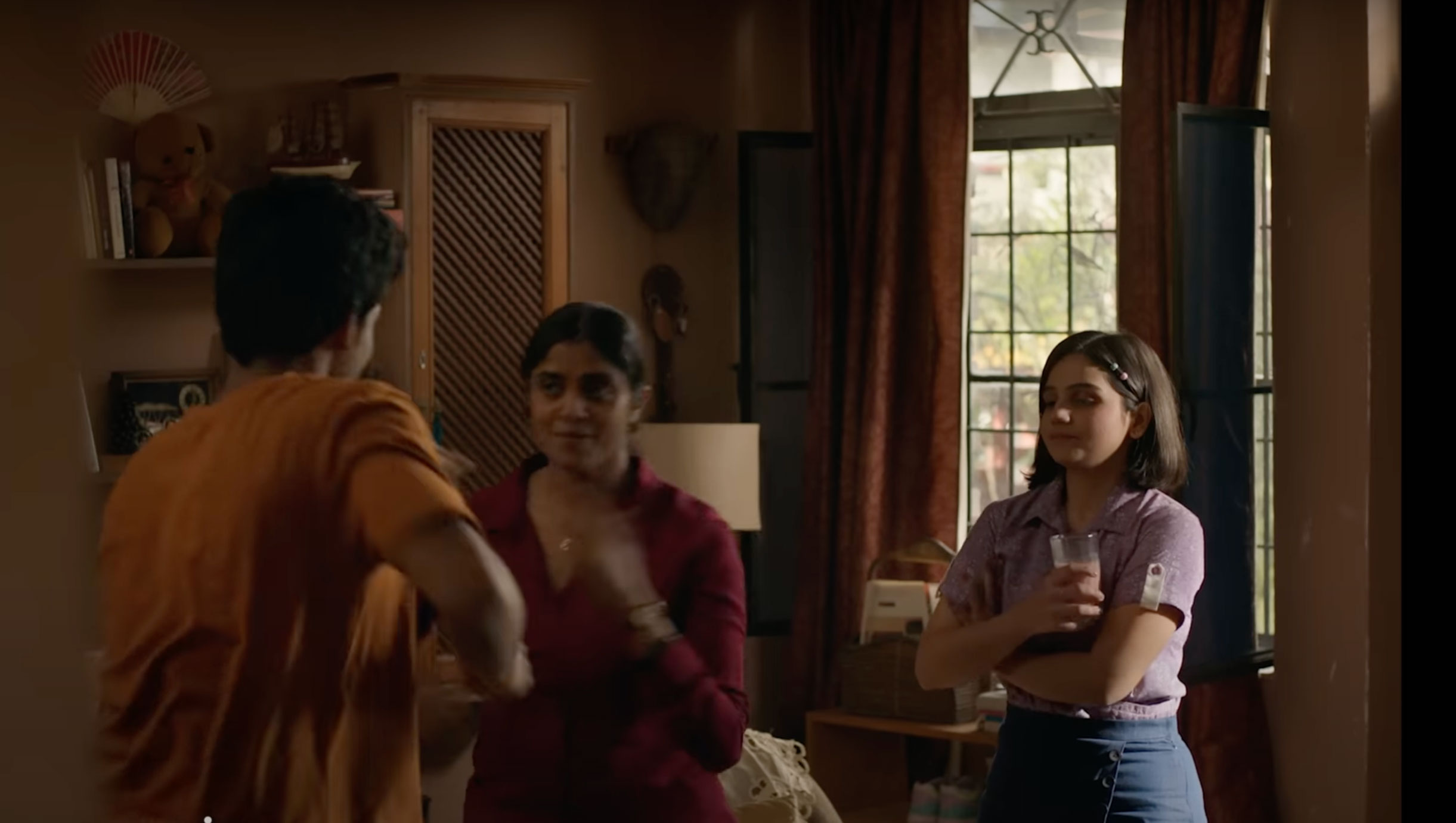Dr Anil Kumar Murmu, a graduate from the West Bengal University of Animal and Fisheries Science (Kolkata), is a well-known and much sought-after veterinary surgeon in Kolkata. However, there wasn’t a red carpet laid out for him as this animal-loving Santhali, hailing from the district of Purulia (Adra), converted his love for animals to his profession. FORWARD Press correspondent Souvik Ganguly explores his success story in this interview.
FP: Congratulations, Dr Murmu on your success as a veterinary surgeon. How tough or easy was your road to becoming such a well-known veterinary doctor in Kolkata?
AKM : (Smiles) Well, the road can never be easy, can it? The financial crunch that always surrounded our village was too hard to ignore. My main battle was to have a dream of becoming a veterinary surgeon in the first place. Then there was the struggle of chasing it amidst acute poverty. I graduated in 2000 and soon realized that merely having a degree means nothing without the proper experience and knowledge. It was only in 2002 that I managed to get the right place for myself.
FP: What are the key factors in your success story?
AKM: Patience, hard work and a professional attitude. Experience and staying up-to-date with the modernized version of medical science through latest journals have helped me too.
FP: Did you ever face any problems in your professional career because of your surname?
AKM: I would be lying if I said no. However, Kolkata has been kind to me. … I faced some problems while practising in villages at the earlier stages of my career. People there did look down upon me only because of my surname (smiles). That actually helped me in motivating myself further.

FP: What is your take on reservations?
AKM: The Scheduled Tribes in our state are living in utter deprivation…. they do not have proper education, proper healthcare or even any hope for a future. Then there is this carrot of reservation which is dangled before them ahead of any general or assembly election. This is disgusting and inhuman to say the least. As a graduate, I had applied through the Public Service Commission of West Bengal as a reserved candidate. There were more reserved seats than the number of candidates who had applied. I was marked “not found suitable”. Is this the idea of reservation? The current TMC government and the former CPI(M)-led Left Front governments have all been the same when it comes to exploiting the backward classes. The politicians realize that as long as the backward classes remain undeveloped, they will be able to exploit them for votes. It is the same even for the central government.
FP: What are your solutions to this problem and what would be your message to other backward-class people?
AKM: An ideal society should be free from any reservation. However, that goal can only be reached by controlled and constructive reservation as a temporary solution and sincere development of the backward classes. Government has free schools. However, the standard of education of such schools should be checked regularly. Backward classes should be given state-sponsored private guidance if need be. Proper health and food for all has to be ensured as a top level priority. Illiteracy is hitting our country from the inside. The root of caste-based hatred and riots has to be illiteracy. I would ask all backward-class people to concentrate more on their studies. Education is the key. We have to ignore all other hardships and problems. We also need to learn English. It will help in more ways than one. We have to fight and keep moving forward.
Published in the July 2013 issue of the Forward Press magazine






